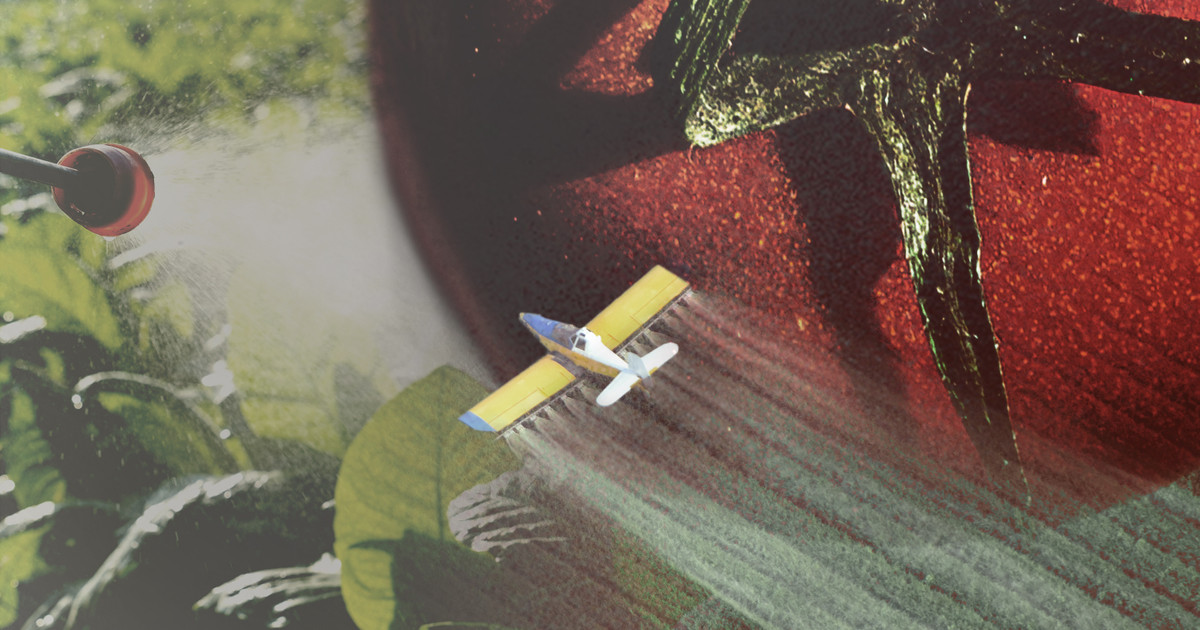The Environmental Protection Agency unveiled a proposal this week to ban a controversial pesticide that is widely used on celery, tomatoes and other fruits and vegetables.
The EPA released its plan on Tuesday, nearly a week after a ProPublica investigation revealed the agency had laid out a justification for increasing the amount of acephate allowed on food by removing limits meant to protect children’s developing brains.
But rather than banning the pesticide, as the European Union did more than 20 years ago, the U.S. Environmental Protection Agency recently proposed easing restrictions on acephate.
The federal agency’s assessment lays out a plan that would allow 10 times more acephate on food than is acceptable under the current limits. The proposal was based in large part on the results of a new battery of tests that are performed on disembodied cells rather than whole lab animals. After exposing groups of cells to the pesticide, the agency found “little to no evidence” that acephate and a chemical created when it breaks down in the body harm the developing brain, according to an August 2023 EPA document.



Haha thank you! I created it in college during one of my chemistry courses. We were using it for some experiment (I assume, I don’t remember at this point lol). Anyway at that point in time I made a few usernames and passwords that were fun chemistry stuff.
The reason I was interested in it was because of the connection with acetaminophen (you may have learned that acetaminophen is a metabolite of acetanilide).
Very cool stuff. Thanks for asking! Made my day :)
That’s very cool! Chemistry was always my most difficult subject (biology major). We use acetanilide at work as standard reference material for stable isotope analysis of particulate organic matter (e.g., phytoplankton/marine snow), basically as a quality check since it has similar carbon and nitrogen signatures. Always excited to learn interesting science facts! :)
That sounds like a lot of fun!